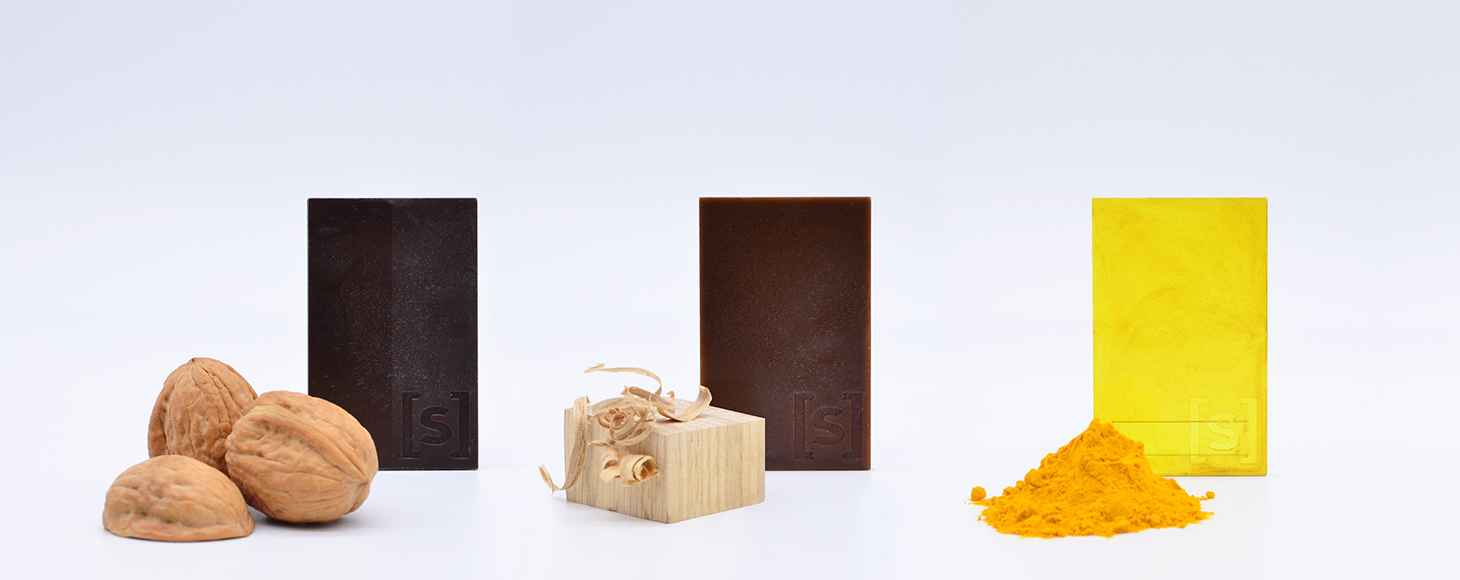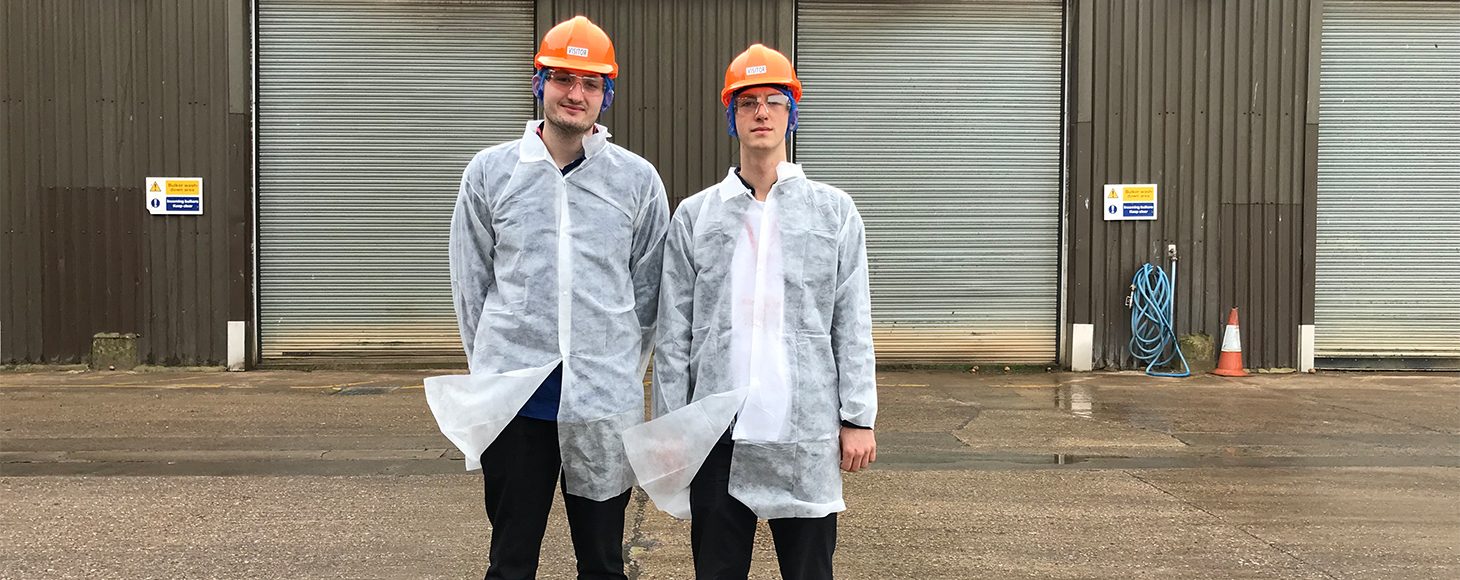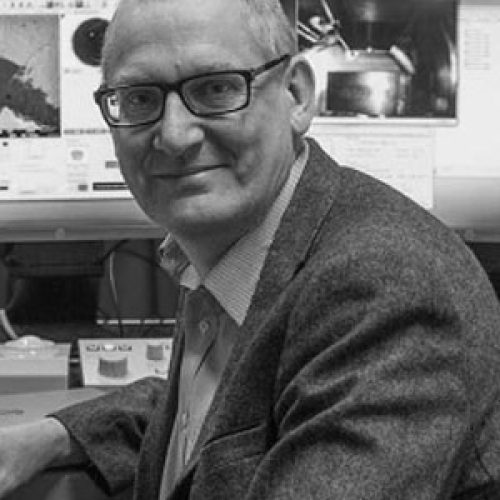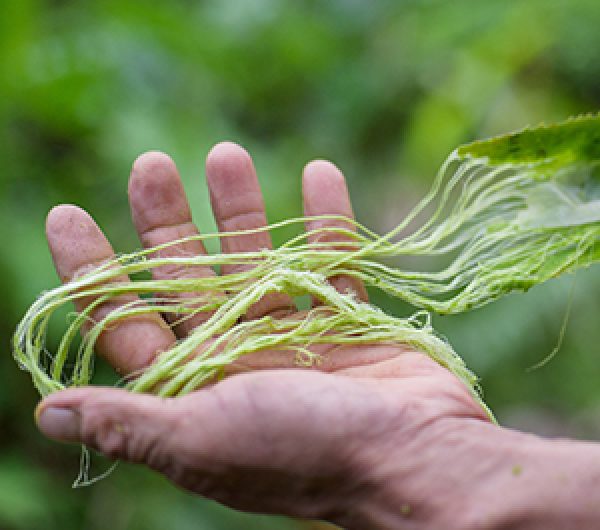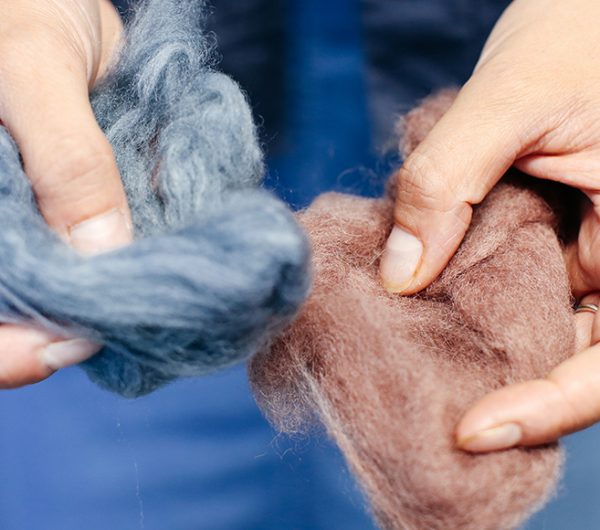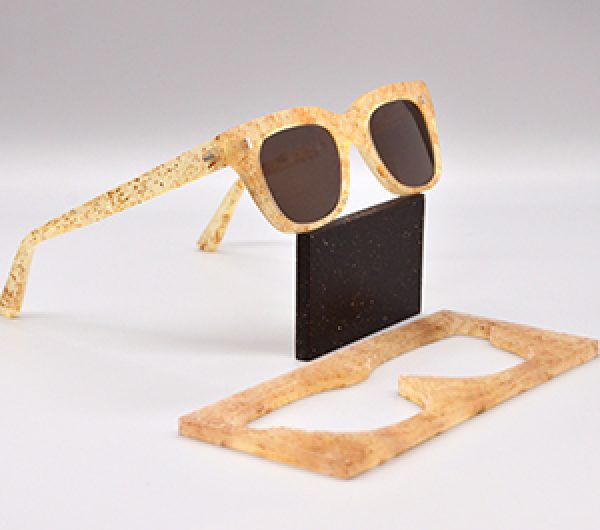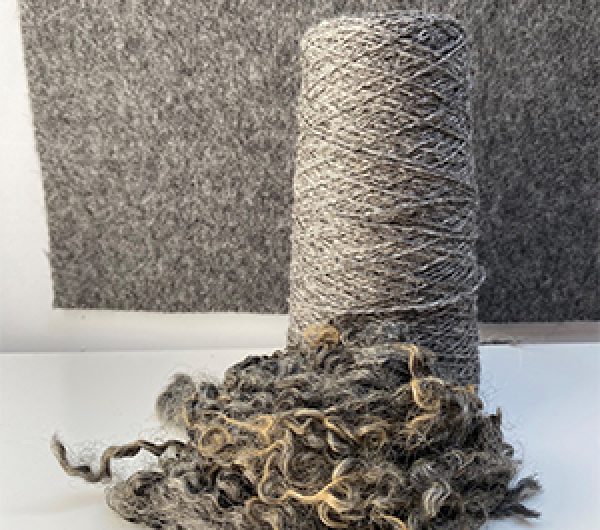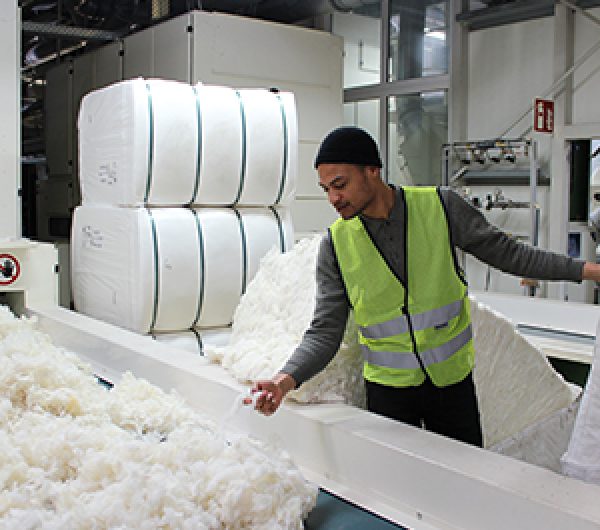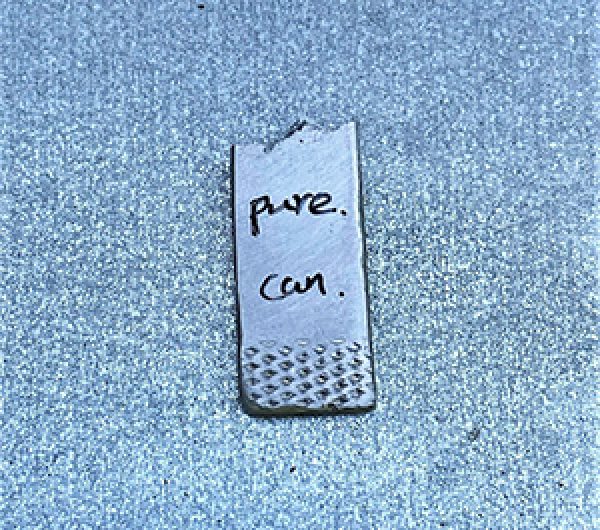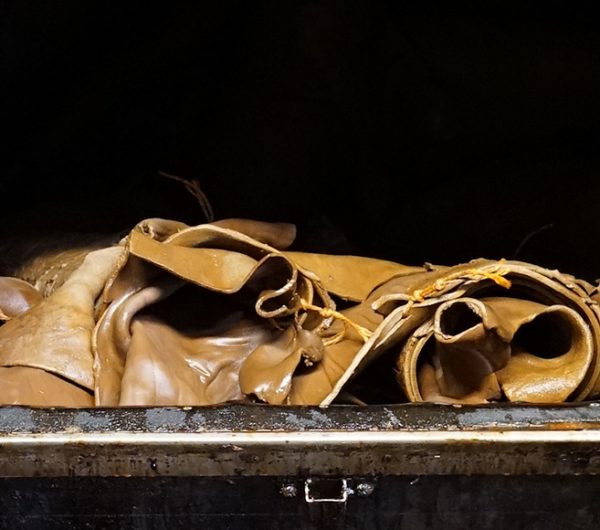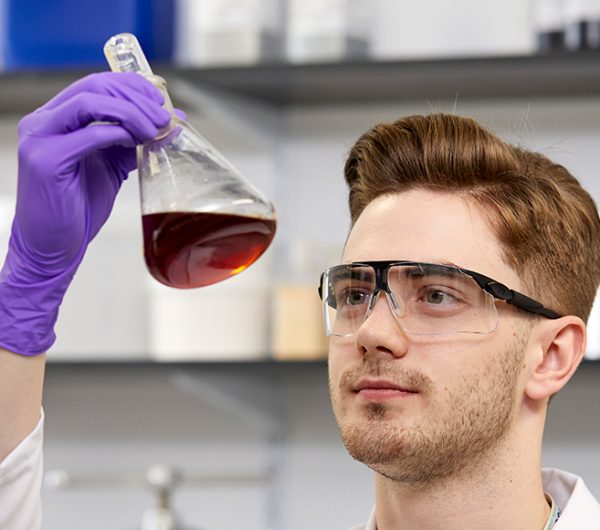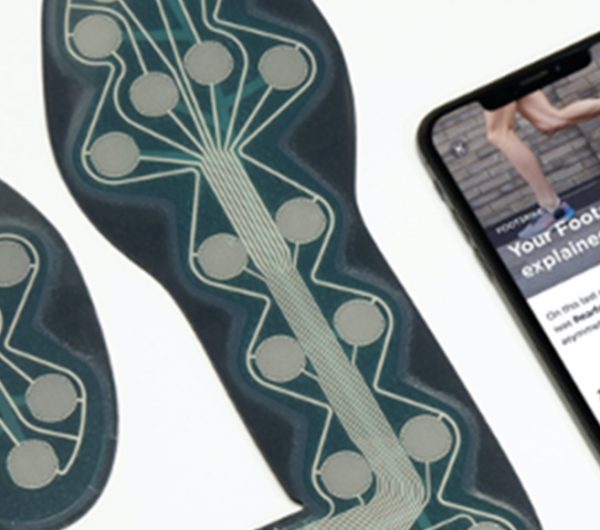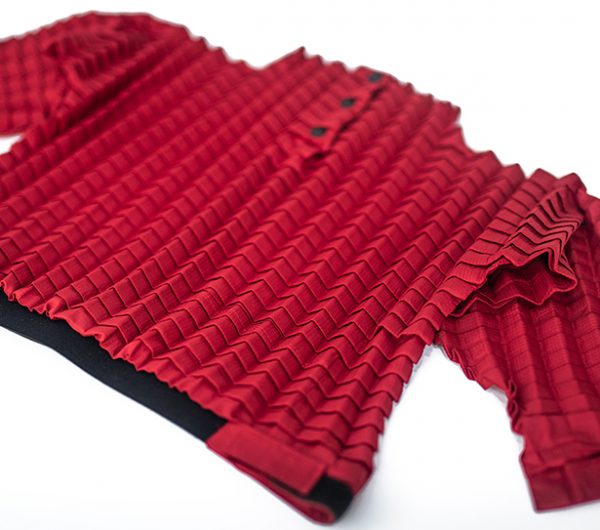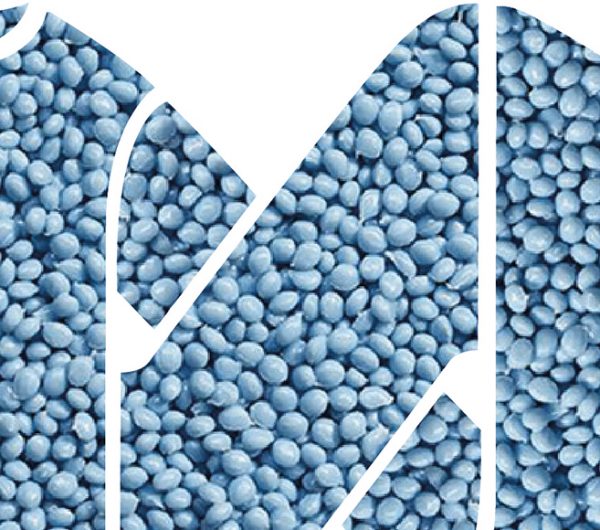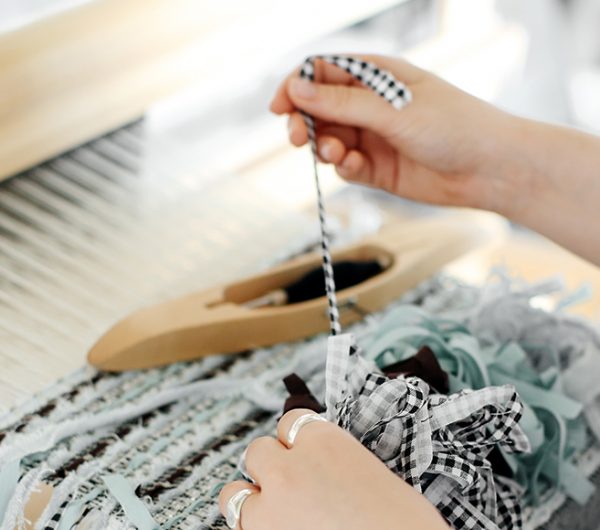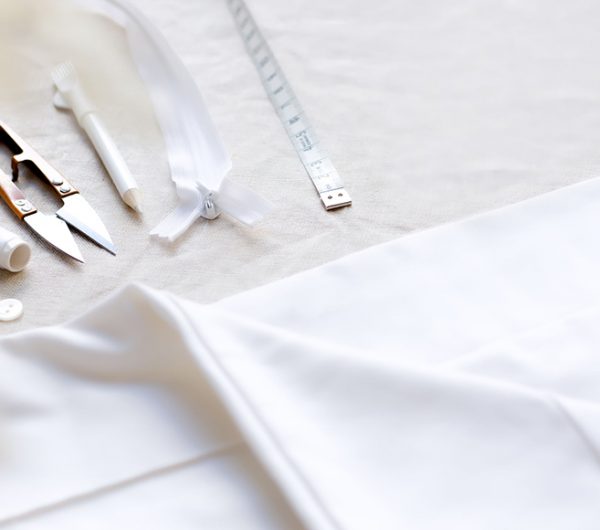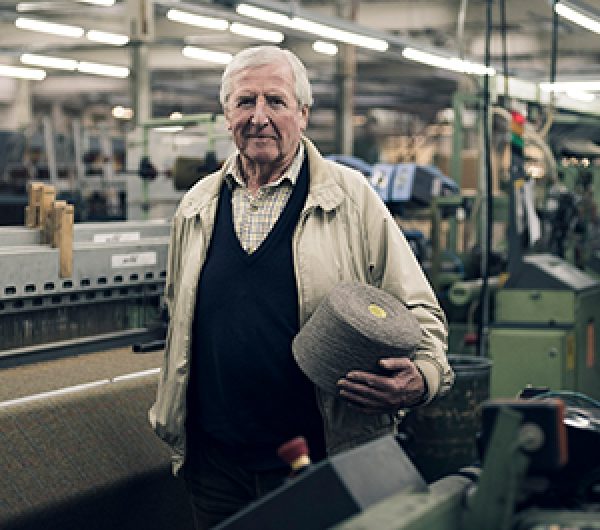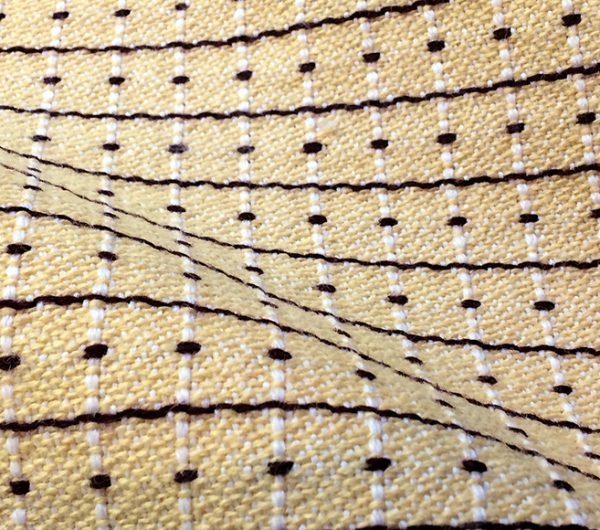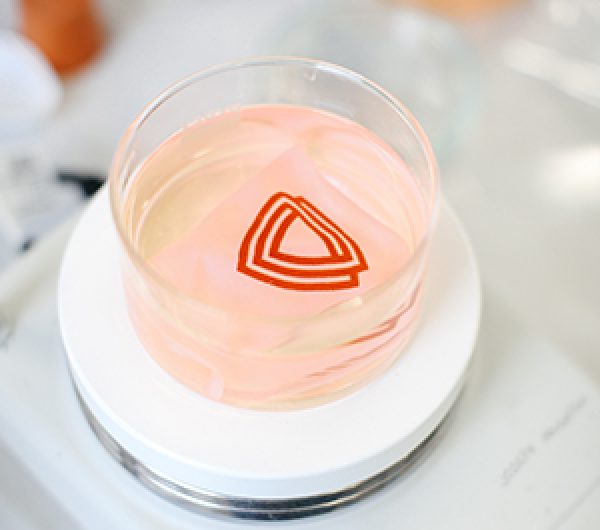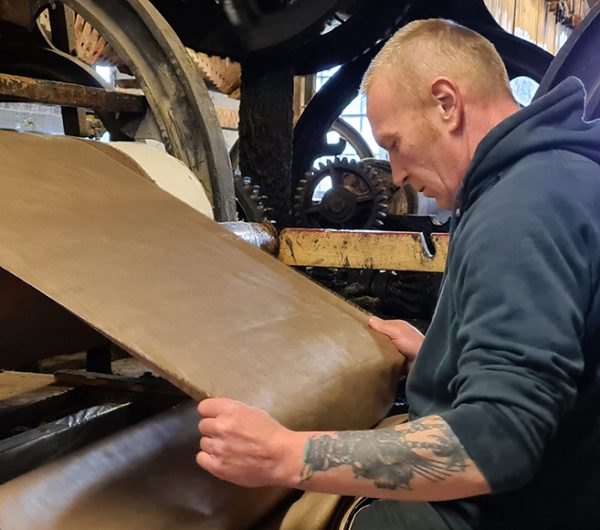Chip[s] Board
The Company
Chip[s] Labs, formerly Chip[s] Board, is a sustainable research company focusing on valorising food waste. Utilising by-products created during industrial food Manufacturing, Chip[s] Labs have developed multiple technologies to convert this overwise low-value feedstock into commodity chemicals.
R&D Focus
Through the BFTT Programme, Chip[s] Labs worked with Loughborough University to develop next-generation Parblex® biopolymers. Bringing together an experienced, transdisciplinary team, the R&D effort focused on adding bioplasticisers and other bioderived additives into current Parblex® formulations to achieve substantial property improvements for application in the fashion industry.
The partnership allowed Chip[s] Labs to accelerate R&D at the bench scale, resulting in trial batch samples of Parblex® being sent out to multiple brands for compatibility and quality testing.
In late 2022 Chip[s] Labs stepped back from the production of materials and focused on other developed technologies that feature earlier in the process. The company is now expanding their technology around the conversion of food waste into commodity chemicals, specifically lactic acid, which will be utilised across a wide range of sectors and industries.


